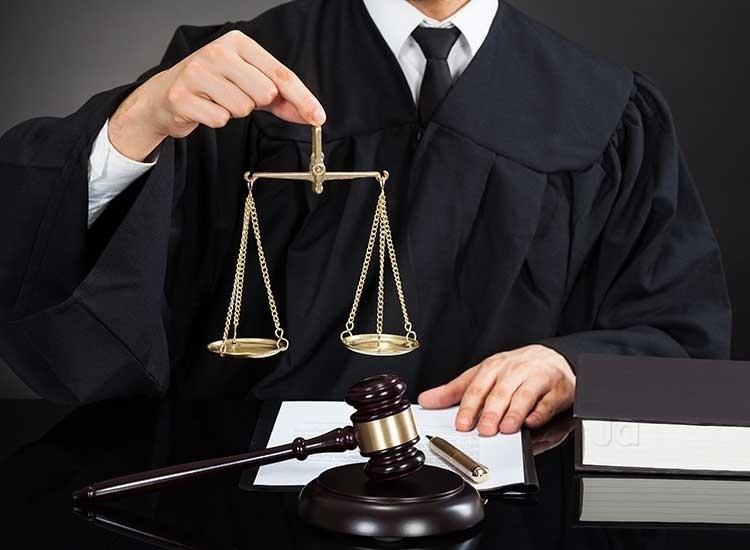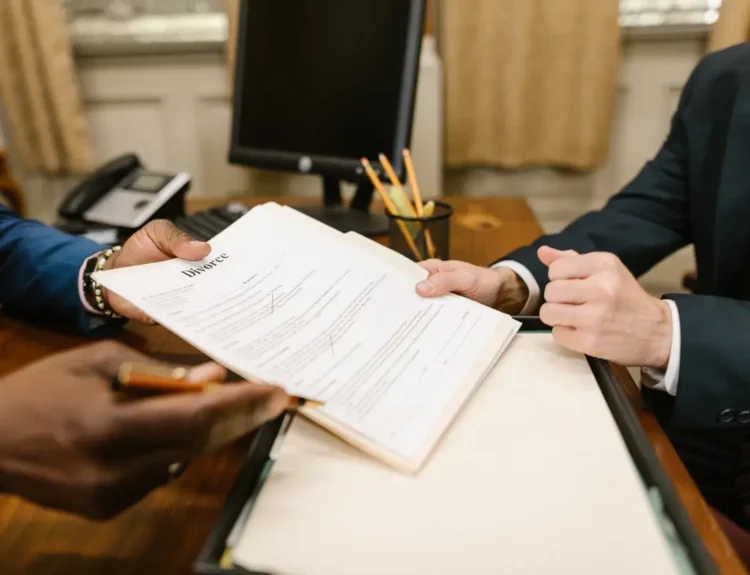Table of Contents
Introduction
In the complex framework of modern legal systems, constitutional law serves as the foundation upon which democratic governance and civil liberties rest. It provides the structure for government operation and enshrines the rights of individuals against unlawful interference. Navigating this intricate area of law requires deep expertise, which is where constitutional lawyers come into play. These professionals interpret, apply, and defend constitutional principles across a wide range of legal matters. This article provides an in-depth examination of what is a constitutional lawyer, exploring their responsibilities, expertise, and influence in shaping fair and lawful societies.
What Is a Constitutional Lawyer?
A constitutional lawyer is a legal specialist whose work revolves around the interpretation and enforcement of constitutional law. Their expertise lies in addressing legal disputes that stem from a nation’s constitutional framework, including civil liberties, government powers, and the separation of authorities. Whether advising lawmakers, defending individual rights in court, or ensuring policy compliance with constitutional provisions, these lawyers play a pivotal role in sustaining the rule of law and democratic governance.
Key Responsibilities of a Constitutional Lawyer
Constitutional lawyers perform a variety of roles across the legal and public policy spectrum. Their primary responsibilities include:
Constitutional Litigation and Judicial Advocacy
Constitutional lawyers often represent clients before high-level courts, such as appellate or supreme courts. They litigate cases that involve interpreting constitutional provisions—challenging the legality of government actions, defending civil liberties, or clarifying institutional boundaries.
Legal Research and Interpretation
A substantial part of a constitutional lawyer’s role involves researching legislative history, judicial precedents, and constitutional texts. This research helps them build strong arguments rooted in a nuanced understanding of the constitution’s intent and application.
Government and Institutional Advisory
Many constitutional lawyers work as advisors to government departments, legislative bodies, or public commissions. They evaluate whether proposed laws and policies comply with constitutional standards, offering critical input during legislative drafting or judicial review.
Public Advocacy and Civil Rights Protection
Constitutional lawyers frequently partner with human rights organizations and public interest groups to advocate for social justice. By challenging discriminatory laws or policies and defending the rights of marginalized communities, they promote equitable treatment under the law.
Skills and Qualifications
Becoming a constitutional lawyer requires both academic and professional excellence.
Education and Training
Prospective constitutional lawyers typically complete a law degree (LL.B. or J.D.) and must pass their jurisdiction’s bar examination. Many pursue postgraduate studies focusing on constitutional or public law, and some gain valuable experience through clerkships in constitutional courts or roles in public policy organizations.
Essential Skills
- Analytical Precision: The ability to interpret complex legal texts and identify core constitutional issues.
- Advocacy and Communication: Strong verbal and written skills to argue cases effectively in court or provide legal counsel.
- Research Competency: Mastery of legal databases, precedents, and scholarly sources to support legal arguments.
- Ethical Judgement: High ethical standards are vital in handling cases that can affect entire communities or democratic institutions.
Areas of Practice
The scope of constitutional law encompasses several practice areas, including:
Civil Rights and Liberties
This area focuses on cases involving freedom of speech, religion, privacy, and due process. Constitutional lawyers represent individuals or groups whose fundamental rights may have been violated by government actions or unjust laws.
Government Oversight and Accountability
Lawyers may bring actions against public officials or agencies for exceeding their legal authority or violating constitutional norms. Their work helps ensure transparency and lawful conduct within state institutions.
Electoral and Political Law
Constitutional lawyers also engage in cases concerning voting rights, electoral integrity, political participation, and campaign financing. Their efforts help protect the democratic process and fair representation.
Federalism and Separation of Powers
In countries with federal systems, constitutional lawyers address jurisdictional conflicts between state and national governments. They also resolve disputes between legislative, executive, and judicial branches, preserving the balance of power.
Real-World Impact
The work of constitutional lawyers has resulted in landmark judicial decisions that continue to shape modern societies. Historic rulings such as Brown v. Board of Education in the U.S. and R (Miller) v. The Prime Minister in the UK demonstrate the power of constitutional litigation to influence national policy, enforce rights, and ensure lawful governance.
In contemporary settings, constitutional lawyers are addressing issues involving digital surveillance, data privacy, freedom of expression online, and public health mandates. These emerging legal challenges show how constitutional law evolves to address new realities while preserving core democratic principles.
Challenges in Constitutional Law
Despite its importance, constitutional law presents significant challenges for legal professionals:
Public and Political Pressure
Because many constitutional cases are high-profile, lawyers often operate under media scrutiny and political influence, especially when representing controversial positions or clients.
Complex Legal Doctrine
Constitutional law requires careful navigation through abstract principles, historical context, and evolving judicial interpretations. Lawyers must stay continually updated with new rulings and academic insights.
Dynamic Jurisprudence
As society evolves, courts refine their interpretations of constitutional rights and responsibilities. Constitutional lawyers must remain agile and adapt their strategies to reflect these developments.
Career Opportunities
Constitutional lawyers have diverse career paths across both public and private sectors:
- Law Firms: Working in practices that handle constitutional litigation and appellate advocacy.
- Government Service: Advising policy makers, regulatory agencies, or serving in the judiciary.
- Public Interest Organizations: Advocating for civil liberties and legal reforms.
- Academia and Research: Teaching constitutional law, conducting research, or shaping public discourse through scholarly work.
Many constitutional lawyers also transition into leadership roles such as judges, legal scholars, legislators, or human rights commissioners.
The Importance of Constitutional Lawyers in Society
Understanding what is a constitutional lawyer reveals more than a job description—it reflects a commitment to democratic values and legal accountability. These professionals serve as vital checks on power, defenders of individual freedoms, and architects of legal reform.
Their contributions ensure that constitutional ideals—such as equality before the law, due process, and governmental restraint—remain enforceable standards, not just aspirational principles. By safeguarding these rights, constitutional lawyers reinforce the public’s trust in institutions and protect the fabric of civil society.
Conclusion
So, what is a constitutional lawyer? They are legal experts dedicated to interpreting and defending the highest laws of the land. With their specialized knowledge and principled advocacy, constitutional lawyers ensure that governments act within their bounds, and that citizens’ rights remain protected under the law. In doing so, they uphold the democratic values that form the cornerstone of just and equitable societies.








